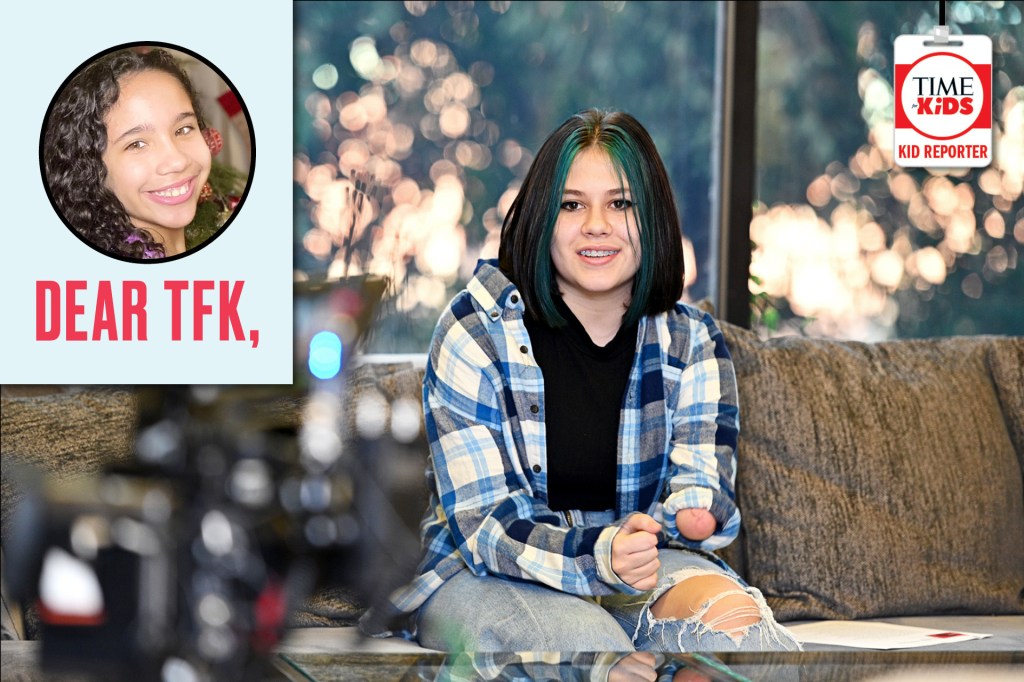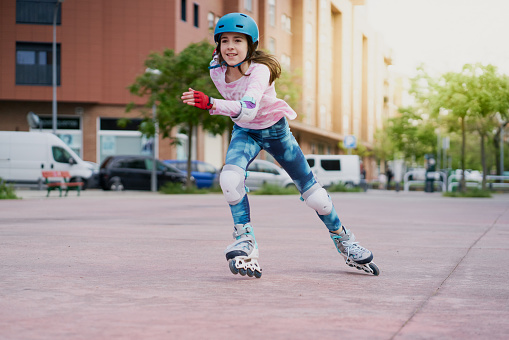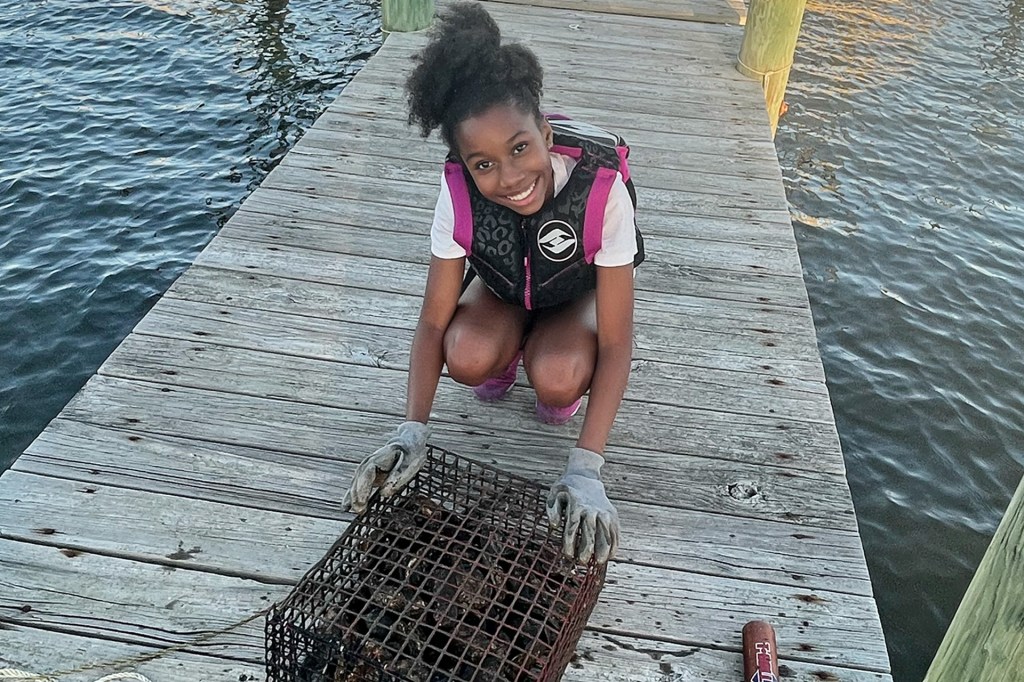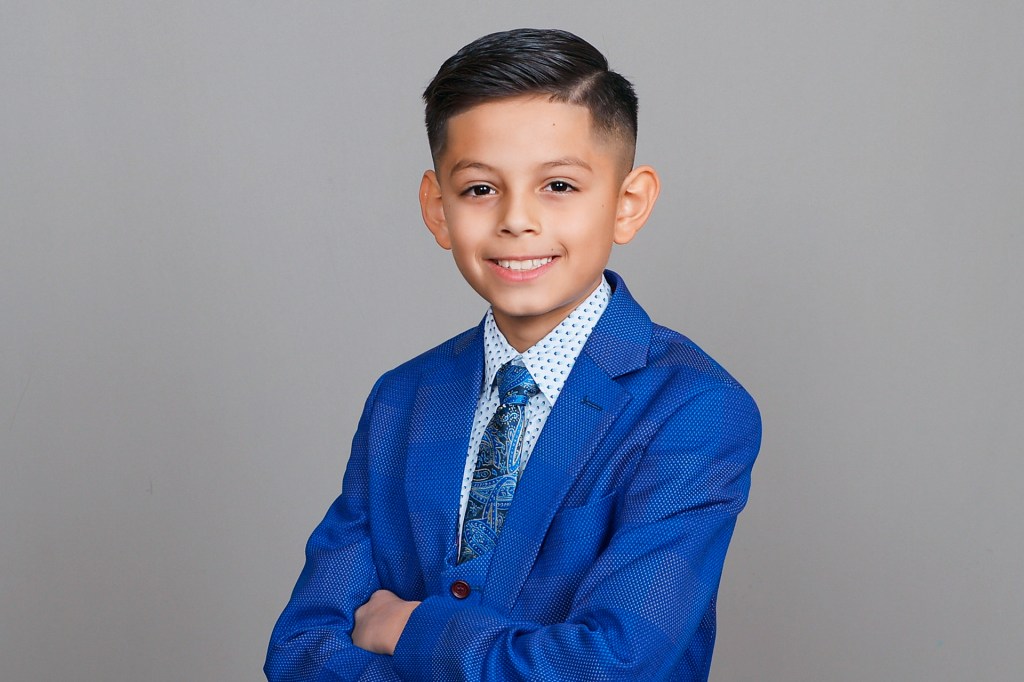Here to Help

Dear TFK,
I’ve noticed that you focus a lot on young activists in your articles, and I love it! They are all so inspiring. When I feel inspired, I want to go out and do something, make a change in my community, and be an activist. So I wonder, what does it take to be an activist? How do you start? Can I become one? Surely, some of your readers would like to know.
Carolina Mariel Caraballo, 11
Bronx, New York
Dear Carolina,
Anyone can become an activist if there’s an issue they feel strongly about. I started speaking up about disabilities because I know what it’s like to have one and be treated differently because of it.
When I was little, I wondered why toy figures didn’t look like me. So at 10 years old, I started a petition to ask a major toy company to consider offering limb
limb
 CAVAN IMAGES—GETTY IMAGES
a leg or an arm
(noun)
Wearing arm pads and knee pads can protect your limbs while rollerblading.
-different options. I spoke about it on the news, and I even did a TEDx Talk about it. After more than a year of using my voice, I got to work with a design team on a Barbie doll that uses a prosthetic
prosthetic
CAVAN IMAGES—GETTY IMAGES
a leg or an arm
(noun)
Wearing arm pads and knee pads can protect your limbs while rollerblading.
-different options. I spoke about it on the news, and I even did a TEDx Talk about it. After more than a year of using my voice, I got to work with a design team on a Barbie doll that uses a prosthetic
prosthetic
 FILIPPO ROMEO/EYEEM—GETTY IMAGES
having to do with an artificial body part
(noun)
Because he had a prosthetic leg, he was still able to compete.
leg. That experience showed me that the more I spoke up, the more changes I might be able to make.
FILIPPO ROMEO/EYEEM—GETTY IMAGES
having to do with an artificial body part
(noun)
Because he had a prosthetic leg, he was still able to compete.
leg. That experience showed me that the more I spoke up, the more changes I might be able to make.
Sometimes, being an activist is stepping up and speaking up in a more public way than you normally would. Taking risks is a big part of being an activist.
Your age doesn’t matter. I know so many kids who are fighting for change. Mari Copeny, 13, is making sure our country has safe drinking water. Naomi Wadler was your age when she spoke at the national March for Our Lives rally to stop gun violence.
Haven Coleman and Taylor Richardson are both teenagers. Haven is raising awareness of the climate crisis, and Taylor is making sure that girls of all races are included in STEAM education.
If you really care about an issue, learn as much as you can about it and find creative ways to speak up. Maybe it’s writing a letter to the editor of your local paper. Maybe it’s attending a protest with a parent or other trusted adult. Maybe it’s creating a club at your school or in your neighborhood, so you can work with other kids to unite your voices and make a change.
You don’t have to do something as big as launching a new toy or speaking at a national rally. If you help even one person learn and change, you’ve made a big difference. —By Jordan Reeves













